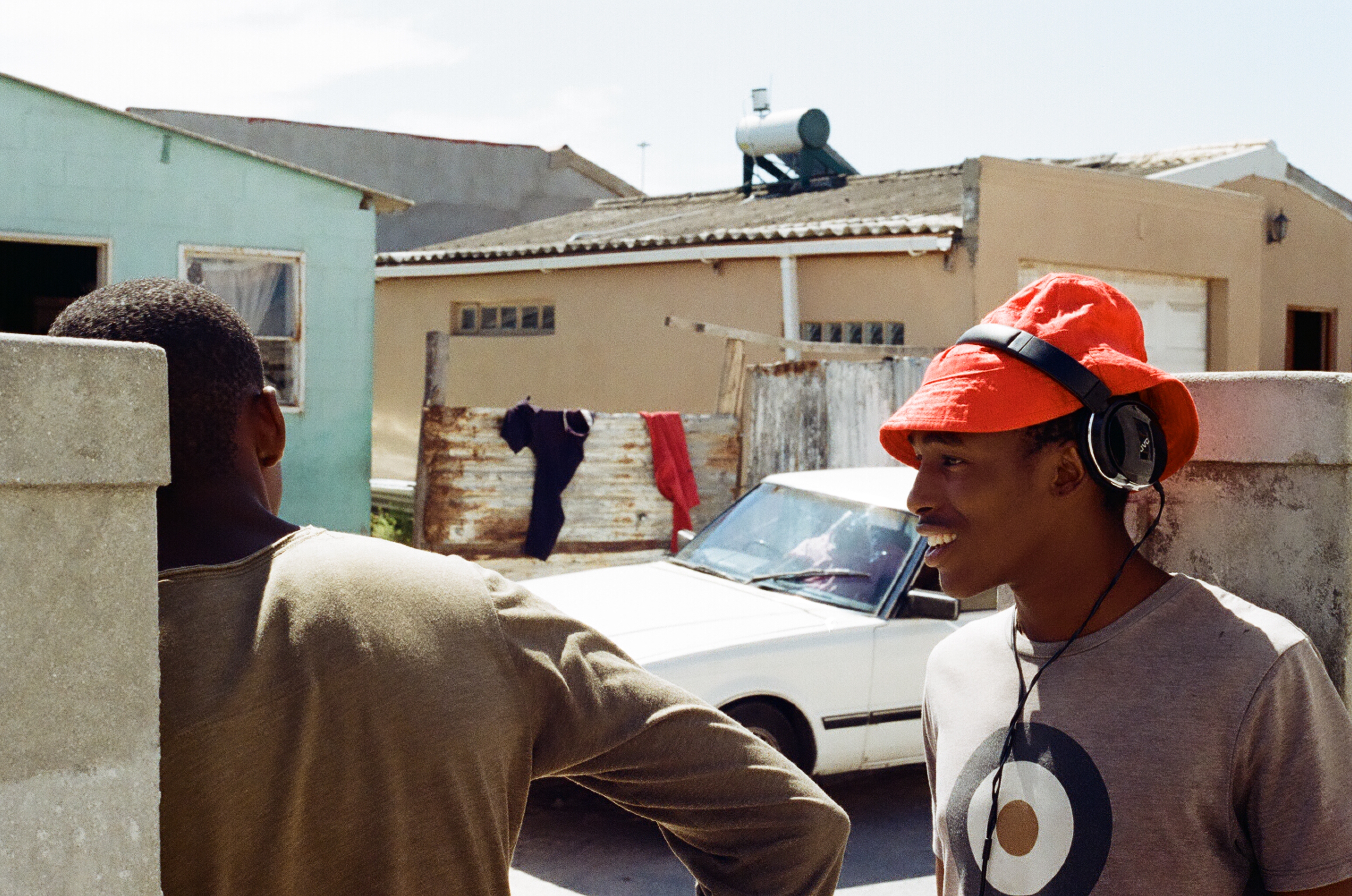On one side, there are the slums, these hyper impoverished neighborhoods of Africa, South America and elsewhere which are a priviledged ground for crimes and addictions – among other plagues – but which also abound in inventiveness and resourcefulness, with raw and alternative talents whose will and enthusiasm commands respect. On the other side, there is Cape Town : an overactive city-of-light, copious and admirable in many ways and whose attractiveness is no longer to prove. The concern – and we know it all too well – is that this South African metropolis, like any other self-respecting metropolis, has built its superb on the basis of the exclusion and denial of its most distressed populations, and the scars of 43 years of apartheid, abolished in 1991…
But we are not here to do a course on the lapels of the capitalist glory or insist on the daily trials and tribulations of the townships life. What does interest us here is this initiative, Philippi Music Project, which is not the bearer of translucent hopes or glitters but offers concrete solutions to the inhabitants of the eponymous district and its surrounding area.
_________

It all begins with Sibusiso Nyamakazi, 23 years old at the time, writer, musician and MC. Charismatic as hell, he is actively involved in several community development programs in Philippi, the neighbourhood where he grew up (such as the Inyanda Youth Network). In July 2014, he meets some students in Social Innovation from the University of Cape Town. Among them, their is Baptiste Guillemet, a young French folk catapulted into the area thanks to a mixture of karma and genuine curiosity. From buddies, they quickly become partners as they soon realise how urgent it is to change things, here and now, with what you have in hand, rather than waiting for the solutions to arrive all cooked-up and in a nice packaging…

Their idea is simple : find a sustainable way to bridge the gap between Cape Town and its townships. Music turned out to be a natural tool to use, as a cathartic experience that empower these young people : music is a social connector facilitating exchanges and mutual learnings ! They decide then to launch a music contest, to offer to these underpriviledged musicians and singers the opportunity to take part in the professional production of a compilation, and work with players from the industry (producers, media, music studio) and produce, market and sell a music product.
In less than 1 month, they receive 150 tracks coming from Philippi and other townships of Cape Town. Very quickly they realize that to propose to these artists to come and record to Cape Town is a good starter, but how do you achieve this when most of them do not even have the technical and financial means to record their material to apply for the contest. Instead of giving up, Sbu et Bap, as they like to name each other, decide to go visit these local artists and to do the job by their own despite the technical difficulties ; the first one would use his reputation of social activist and his connexions in the neighbourhood to find the artists, the second one would bring his mobile recording studio and his mic to record the magic.

The project is well received by the locals and the media, and the jury panel composed by music producers and reknown artists from the industry, members of record labels such as Black Mango Music or from active organizations in the field of electronic music like RedBull or Bridges for Music, select 10 artists coming from different genres, hip-hop, house or even gospel music to produce a compilation. But after the effervescence, the ongoing situation in the townships has not really evolved and the lack of infrastructures is still there : our two friends start to think about the second phase of their project.
Philippi Music Project, is a 12 meters long container turned into a fully equipped professional and soundproofed recording studio. But because PMP is developing a sustainable approach and want to offer a platform adapted to the reality of the hood, the needs and the constraints of these artists, it is also building a network of associated and connected players who bring value to the offer : Britecap (a job-search tool through a mobile app), Playing for Change (a network of music schools) or the SAE Institute (a school of music, design and audiovisual which is providing training, workshops and access to scholarships)…

Besides this network, PMP exists also through the creation of events, gigs, workshops and mentorship provided for free to all the users of the studio. The Philippi Music Project gets its revenue streams through studio services such as recording, mastering and mixing. The distribution, the events and gigs also generate some revenue, shared with the artists. Because it’s not about being another NGO relying on perpetual donations, but it is about initiating a new social and solidarity economy, sustainable, coming from and made for the townships.
Today, Philippi Music Project needs us : you + you + you…+ me. Why ? To help building the studio, no more and no less. How ? By contributing to their crowdfunding campaign on Indiegogo until the 23rd of June. How (second option) ? By sharing the info so that others can also support the project !

Support them ♥ :
indiegogo.com/projects/philippi-music-project
And discover more about the project :
through their website :
philippimusicproject.
or on
